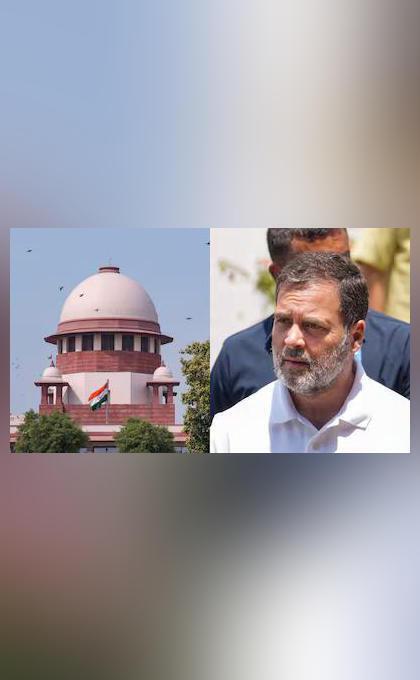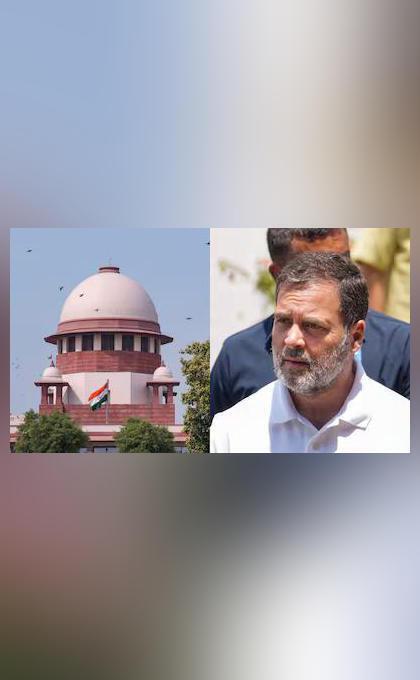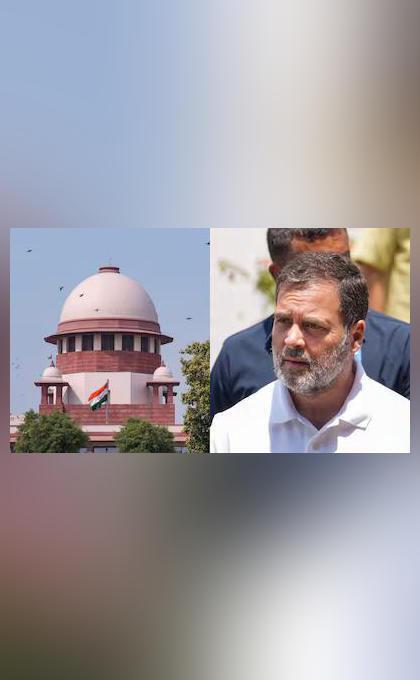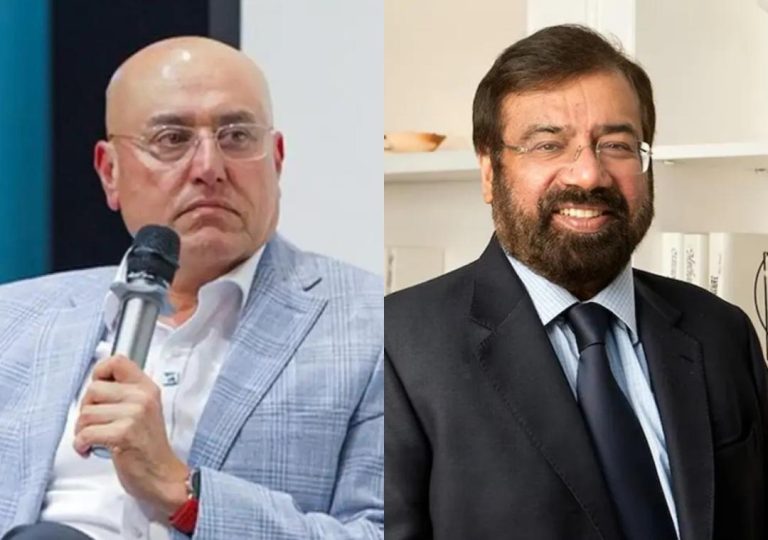
Why Ask on Social Media & Not in Parliament: SC to Rahul on ‘Land Grab’ Claim
The Supreme Court of India recently pulled up Congress leader Rahul Gandhi over his claim that China had grabbed 2,000 sq km of Indian land. The court’s rebuke came while staying a defamation case against Rahul for his remarks about the Indian Army. The court’s statement has raised important questions about the role of social media in disseminating information and the responsibility of leaders to verify facts before making public statements.
Rahul Gandhi had made the claim in 2020 while speaking at a rally in Kerala. He had stated that China had occupied 2,000 sq km of Indian land and that the Indian government was aware of the situation. The remarks had sparked a controversy, with many questioning the accuracy of Rahul’s claim.
The Supreme Court’s rebuke of Rahul Gandhi comes after it stayed a defamation case against him for his remarks about the Indian Army. The court’s stay was granted pending a final verdict on the matter. However, the court’s observation on Rahul’s claim has raised important questions about the responsibility of leaders to verify facts before making public statements.
The court’s statement came in response to Rahul’s argument that he had made the claim based on media reports. The court was not satisfied with Rahul’s explanation and asked him why he had not asked questions in Parliament instead of making the claim on social media. The court’s observation highlights the importance of Parliament as a platform for leaders to raise questions and seek answers from the government.
The court’s rebuke of Rahul Gandhi has also raised questions about the role of social media in disseminating information. Social media platforms have become an important source of news and information for many people. However, the ease with which misinformation can spread on social media has led to concerns about the accuracy of information shared on these platforms.
In recent years, social media has become a battleground for political parties and leaders. Parties and leaders use social media to spread their message and criticise their opponents. However, the lack of fact-checking and verification on social media has led to the spread of misinformation and fake news.
The court’s observation on Rahul Gandhi’s claim highlights the importance of fact-checking and verification in public discourse. Leaders and politicians have a responsibility to verify facts before making public statements. The court’s rebuke of Rahul Gandhi is a reminder that leaders must be held accountable for spreading misinformation.
The court’s statement has also raised questions about the role of the media in verifying information. The media plays an important role in fact-checking and verification. However, the pressure to break news first and the competition for viewers and readers have led to a culture of sensationalism and clickbait headlines.
The court’s observation on Rahul Gandhi’s claim is a reminder that the media must also be held accountable for spreading misinformation. The media has a responsibility to verify information before reporting it to the public.
In conclusion, the Supreme Court’s rebuke of Rahul Gandhi over his claim that China had grabbed 2,000 sq km of Indian land highlights the importance of fact-checking and verification in public discourse. Leaders and politicians have a responsibility to verify facts before making public statements. The court’s statement is a reminder that leaders must be held accountable for spreading misinformation. The media must also be held accountable for spreading misinformation.
The court’s observation also highlights the importance of Parliament as a platform for leaders to raise questions and seek answers from the government. Social media is not a substitute for Parliament, and leaders must use Parliament to hold the government accountable for its actions.
The case is a reminder that leaders must be responsible in their statements and claims. The court’s statement is a reminder that leaders must be held accountable for spreading misinformation. The media must also be held accountable for spreading misinformation.



